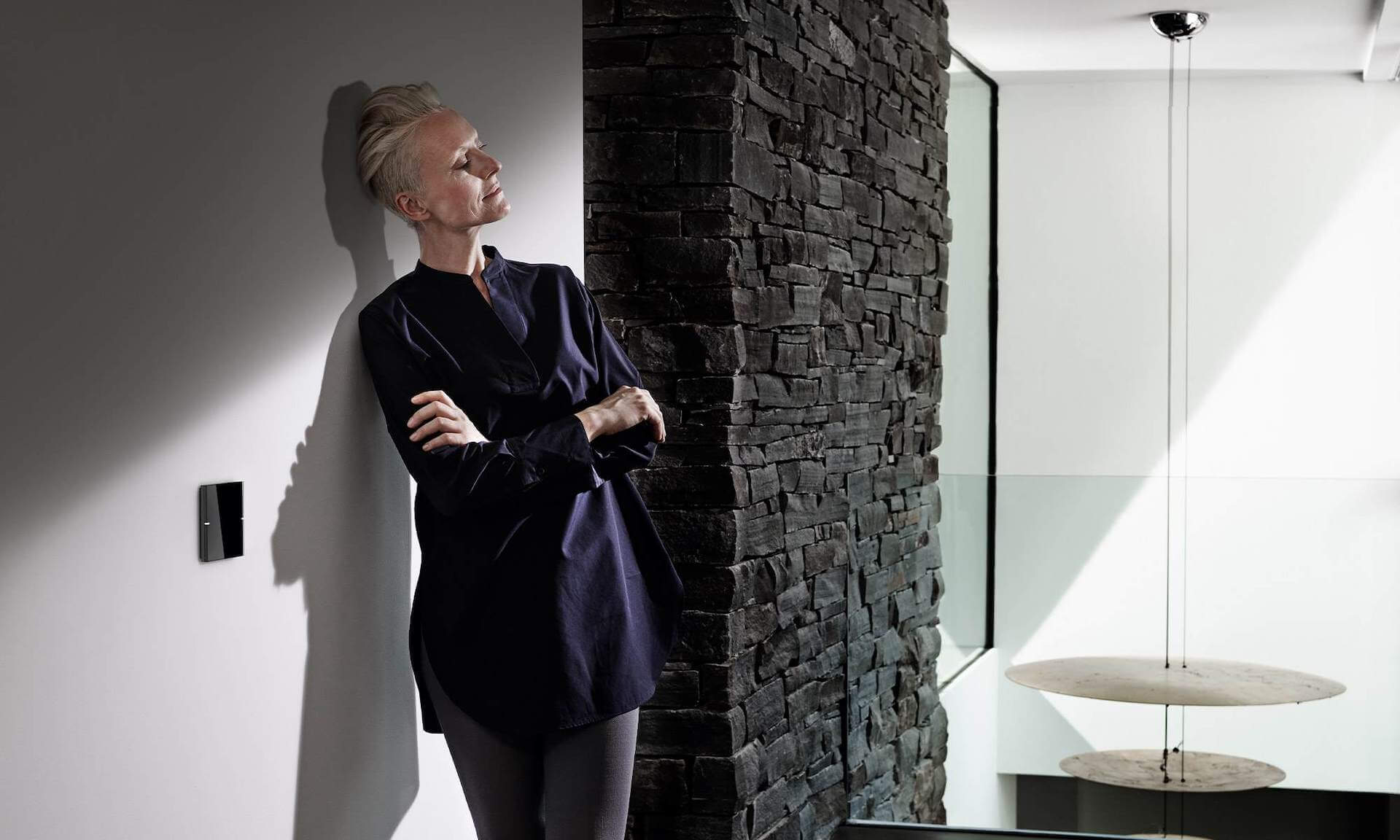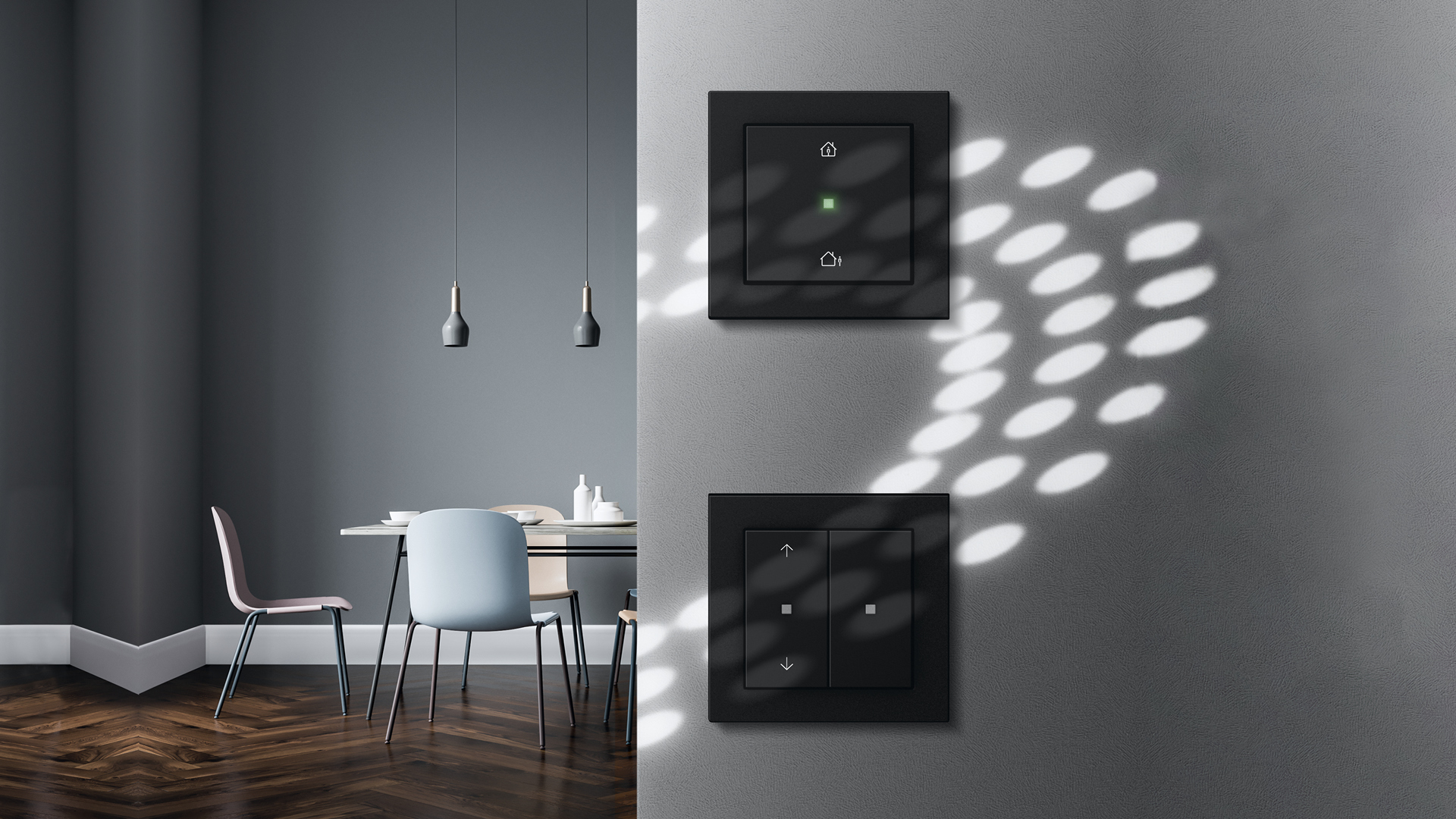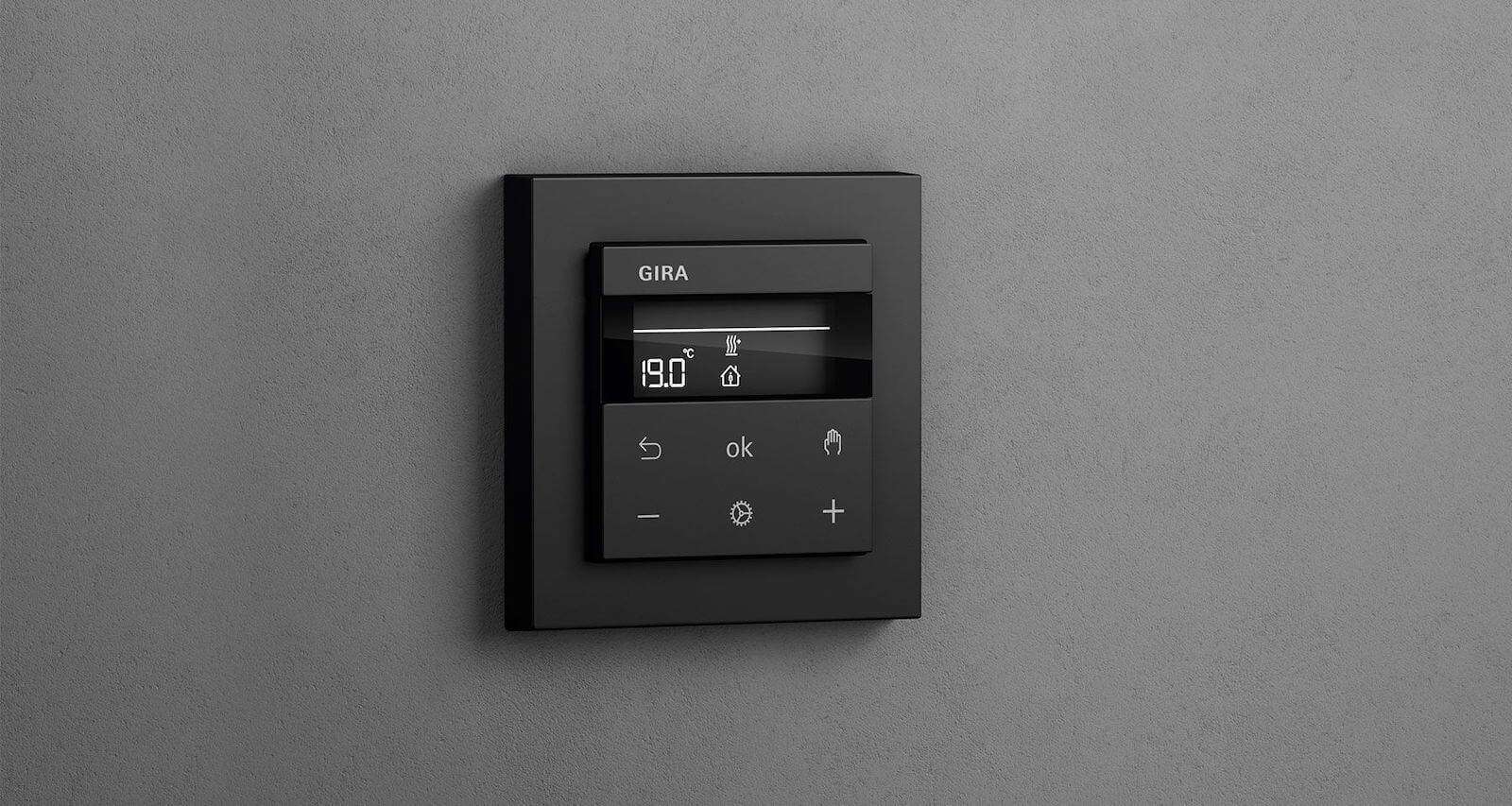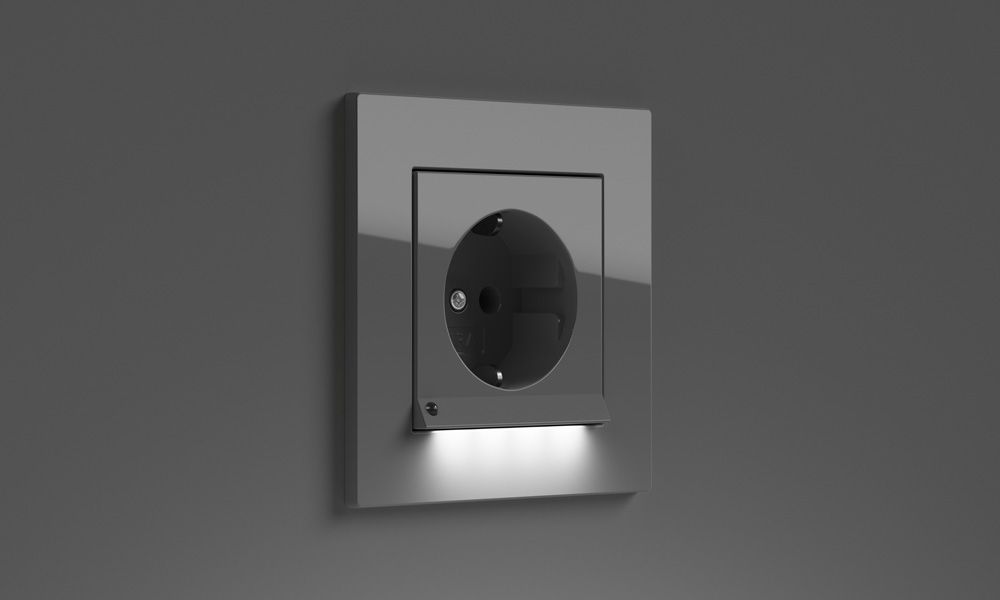
Being “old” doesn't mean losing your indepence: thanks to Smart Home technology, elderly people can stay safe and comfortable within their own home.
Why set up a senior-friendly Smart Home?
Ideally, you should prepare in advance: consider what you might need later on when setting up your system in the first place. No matter how healthy your lifestyle – once you enter your 70ies, certain routines won’t feel as easy as they used to. Maybe you’ll have more trouble climbing the stairs, or finding your way in the dark, or reading small labels. Ailments like these not only make everyday life more demanding. They also put you at higher risk for accidents. Therefore, you should recognise shortcomings early on and adjust your surroundings accordingly. This is where the Smart Home comes in: for elderly people, intelligent features prove convenient in several respects. They will take over tedious chores, protect you from hazards, and facilitate daily activities.
Senior Smart Home tip no. 1: finding your way in the dark
Uneven surfaces, narrow passageways, inadequate lighting – all these circumstances become dangerous once you struggle with shaky knees or weak eyesight. A short trip to the bathroom at night might easily end in a severe accident. To avoid such mishaps, Smart Homes for the elderly should be equipped with helpful devices throughout the whole property.
Senior Smart Home tip no. 2: controlling lights and blinds
In your later years, reaching and operating switches on the wall can turn into a painstaking ordeal. When using a walker or cane, you won’t have any free hands to quickly turn on the lights or lower your blinds. Another reason why Smart Home automation comes in handy for elderly residents: instead of searching for the right spot while trying to keep your balance, you can let your system do the work.
Smart lighting control allows you to set time schedules for your lamps – ensuring that they will turn off after you went to bed.
Smart blind control makes it just as easy to regulate the brightness in any given room. Your shades will be raised or lowered to accommodate your daily routine.
Did you know? Smartphones are not the only option to monitor your Smart Home without switches. You can also rely on voice command using Amazon Alexa or the Google Assistant. This way, you won’t even have to get up from your couch to turn on the lights.
Senior Smart Home tip no. 3: staying cosy inside
Are you sensitive to sudden weather changes or cold temperatures? At an older age, you might react even more acutely to unpleasant chills or draughts. This won’t be an issue though, as long as you can adjust your indoor climate accordingly. With the help of smart heating control, your home will never feel too hot or too chilly: you can set individual temperature levels for each room, as well as configure automatic schedules. When the desired temperature is reached, your system will stop heating automatically. Thus, you will not only enjoy a cosy indoor climate, but also save a ton of energy in the long run.
Senior Smart Home tip no. 4: keeping busy in the kitchen
Do you like cooking or baking for friends and family? Maybe you’ll find even more joy in that once you have retired. However, this hobby can become a source of danger at times. Adapting a Smart Home for elderly residents requires a close look at the kitchen: are there any appliances that might cause a short circuit when left alone? What happens if you forget to turn off the stove? Consider these questions carefully before installing your system. Especially for seniors, intelligent technology should serve to minimise the risk of fire outbreaks and similar scenarios. We therefore recommend a few precautions:
A smart network enables you to connect different appliances (even from different manufacturers) and control them with one central unit. This applies to both KNX-based and wireless Smart Homes: elderly people can simply let their system take care of the coffee machine, oven, or microwave.
In addition, Gira smart smoke alarm devices provide an extra level of protection: detecting smoke early on, they will sound the alarm in due time to prevent outbreaks of fire.
Senior Smart Home tip no. 5: no more fumbling for keys
We’ve all been there sometime: arriving at the doorstep, reaching for the keys – to no avail. Usually, the sudden rush of panic is quickly followed by relief when we find them in another pocket. But what if you actually do forget your keys one time? With Gira Keyless In, you won’t have to worry about that ever again. Instead, you can let yourself in via code or fingerprint. Opening doors without keys offers several benefits for elderly Smart Home owners: on one hand, they won’t be able to lock themselves out, even if they become more forgetful. On the other, they will be spared the nuisance of searching for their keys – an important plus when handling small, filigree objects is not as effortless anymore.



